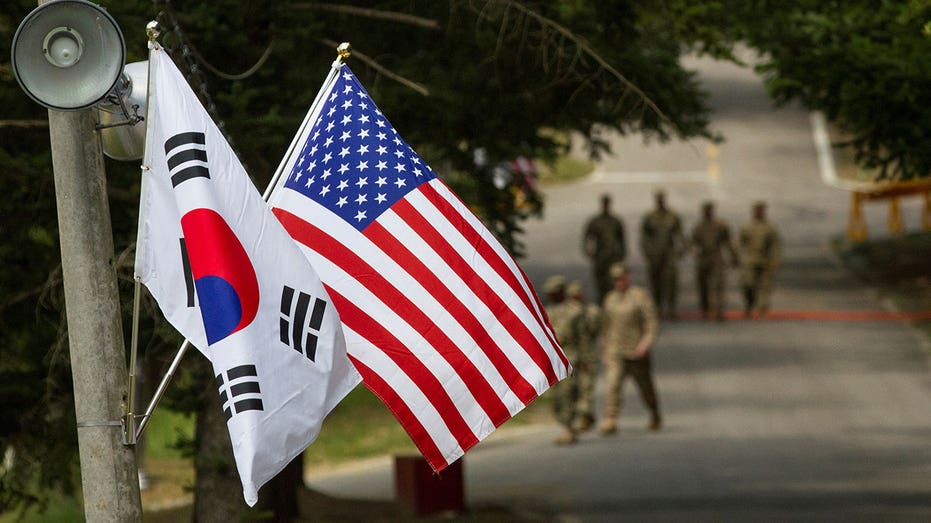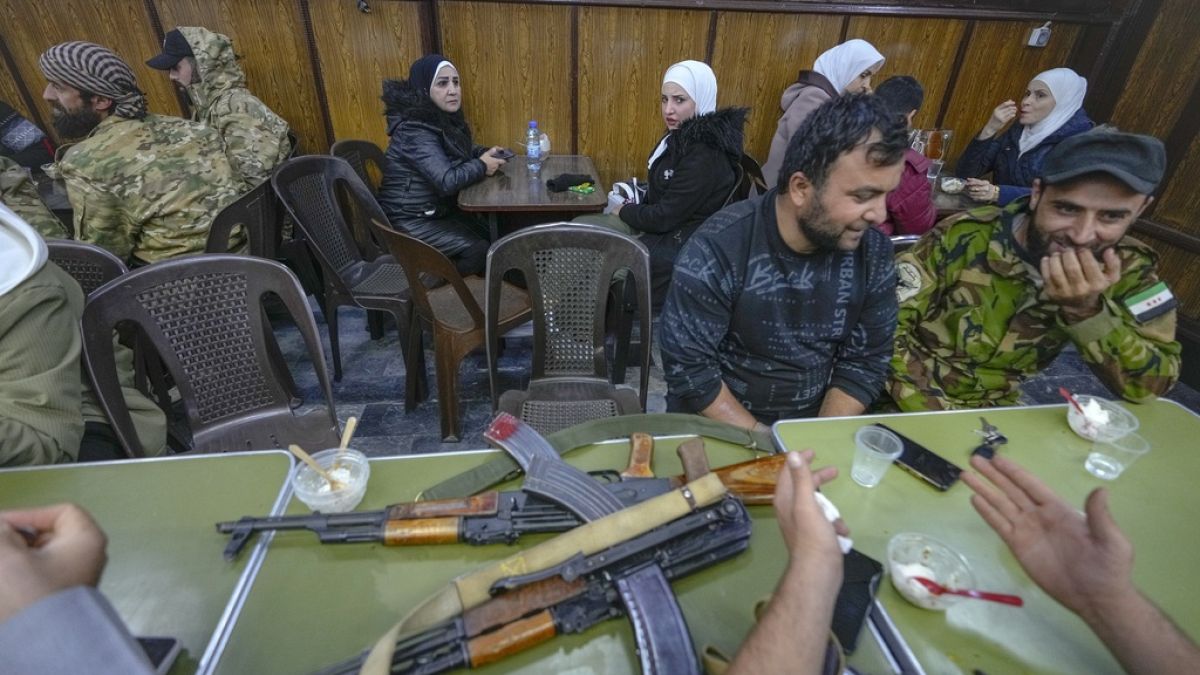US and South Korea to hold talks in Hawaii on cost sharing for American troops
U.S. and South Korean officials are meeting in Hawaii to discuss sharing the cost of maintaining American troops in South Korea. The U.S. delegation is led by Linda Specht.

U.S. and South Korean officials will meet in Hawaii this week for talks on sharing the cost of keeping American troops in South Korea, with the U.S. seeking "a fair and equitable outcome" that will strengthen the alliance, the U.S. State Department said on Monday.
The two sides named envoys last month to launch early talks for a new deal to take effect in 2026. South Korean media said the aim was for an agreement before any November election comeback by former President Donald Trump, who during his presidency accused Seoul of "free-riding" on U.S. military might.
The State Department said the first meeting on the so-called 12th ROK-U.S. Special Measures Agreement would be held in Honolulu from Tuesday to Thursday.
US MILITARY BEGINS PROCESS TO REMOVE TROOPS FROM TROUBLED AFRICAN NATION
The delegations would be led by the U.S. lead negotiator for security agreements Linda Specht and South Korea's representative for defense burden sharing Lee Tae-woo.
"The United States seeks a fair and equitable outcome ... for both countries that will strengthen and sustain the U.S.-ROK Alliance," a State Department statement said, referring to the Republic of Korea, South Korea's official name.
More than 28,000 American troops are stationed in South Korea as part of efforts to deter nuclear-armed North Korea.
South Korea began shouldering the costs of the deployment, used to fund local labor, the construction of military installations and other logistics support, in the early 1990s.
During Trump's presidency, the sides struggled for months to reach a deal before Seoul agreed to increase its contribution by 13.9% over the previous 2019 pact under which Seoul had paid about $920 million annually, the biggest annual rise in nearly two decades.
Trump had demanded Seoul pay as much as $5 billion a year.
A senior Biden administration official told Reuters in March the talks were on track and ahead of schedule but the U.S. did not see November as a "hard deadline."
The current agreement is set to expire in 2025, with negotiations on a successor pact usually held just before the end of the existing one.
Trump is set to face off against President Joe Biden in the November election.
A senior South Korean presidential official said last month Seoul expects no fundamental shift in relations even if U.S. voters elect a new president, but hopes for progress on the defense cost-sharing talks this year.
What's Your Reaction?
















